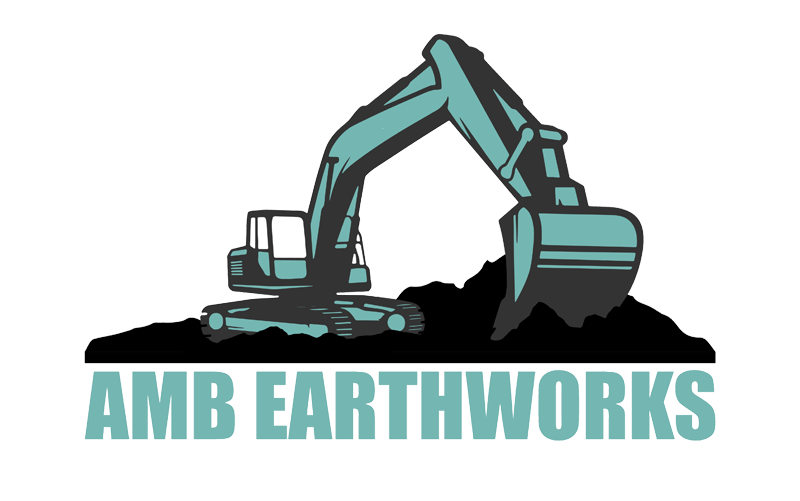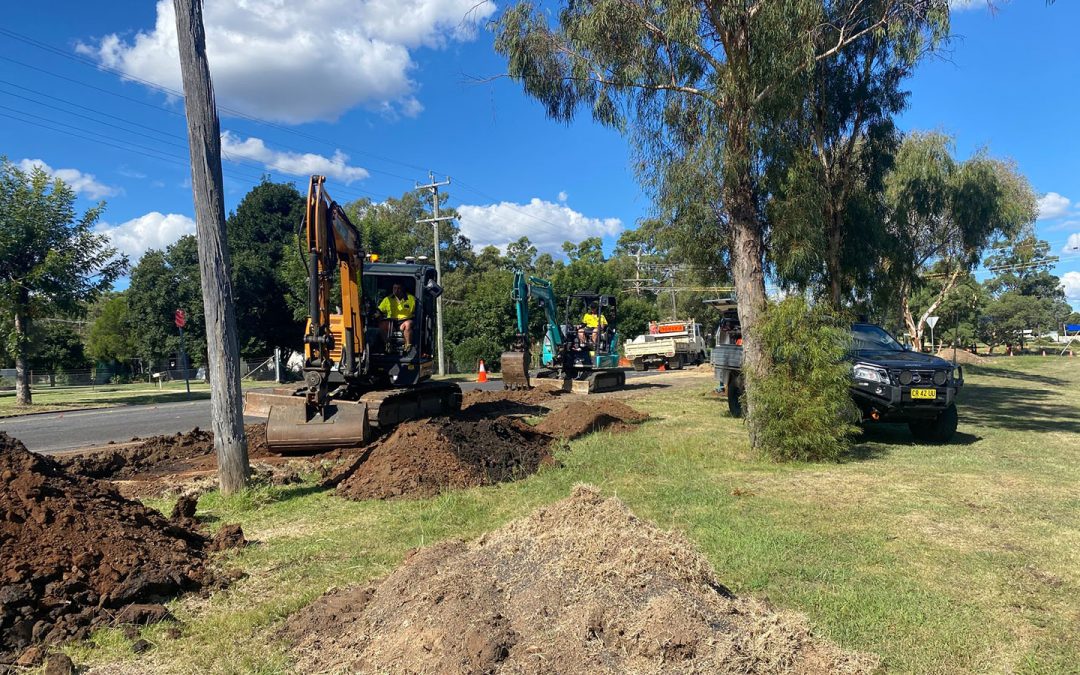Earthworks refer to the operations that shape the earth’s surface in preparation for construction, landscaping, or other large-scale projects. Earthworks are an essential part of any construction project as the site’s terrain may have to be dug, and large quantities of earth or rock may need to be moved using bulldozers, excavators, graders, and various other types of machinery.
The purpose of earthworks is to create a base for various types of construction, including houses, pools, driveways, and large-scale projects like roads, highways, dams and buildings. Depending on their intended function, earthworks can be classified into different subcategories.
What Do Earthworks Contractors Do?
Earthwork contractors are those responsible for preparing a site for a project. This includes all of the dirty work and heavy lifting required to transform a lot into a construction site so that construction can begin. The work of the contractor will determine the project’s overall success and the long-term functionality of the finished project.
A contractor with experience and expertise can effectively handle all obstacles that may occur and thwart any complications should they arise. By partnering with a reputable earthworks contractor, you can enable the proactive tackling of challenges. More information about AMB Earthworks and what we offer can be found on our services page.
What Does Earthworks include?
Earthworks is a comprehensive term that can refer to several different areas of engineering and construction. However, earthworks generally encompasses the following: preconstruction (and project planning), site excavation, underground utilities, road/infrastructure construction, erosion control/soil remediation, demolition and land clearing.
These services contribute to the ultimate goal of establishing a solid foundation for the project’s construction.
What are the different types of Earthworks?
Earthworks can be classified into different types based on their intended function. Some different types of earthworks include excavation, cut and fill, grading, landscaping, dams and reservoirs, erosion control, and environmental remediation.
These are just a few examples to illustrate some common earthworks applications, but the scope of such a project can vary widely depending on the specific requirements or objectives.
What are Bulk Earthworks?
Bulk earthworks is a complex process that refers to the moving, removing, or adding of large quantities of rock, soil, or other material from a worksite. Bulk earthworks are commonly used in civil construction on projects like roads, bridges, and buildings. The terrain density on the soil in which the bulk excavation occurs can dictate the type of equipment that needs to be used.
An important process of bulk earthworks is cut and fill. Cut and fill is the process of removing soil from one area and adding it to another. This creates a level surface for construction or can also create a slope for drainage.
What is earthwork in civil engineering?
Within civil engineering, earthworks are engineering works involving the earth’s surface in the form of soil or unformed rock. Earthworks civil engineering operations include the excavation, transport, placement and compaction of fill materials to construct earth structures or facilitate infrastructure development. A significant element of almost all civil engineering projects, earthworks intends to create desired conditions for construction projects or to alter the natural landscape for various purposes.
Earthwork in civil engineering plays a vital role in establishing the foundation. It requires careful planning, engineering analysis, and adherence to safety and environmental regulations to achieve desired outcomes while minimising risks.
What is earthwork in road construction?
Earthwork in road construction refers to the process of shaping and preparing the ground to establish a stable foundation. It involves various activities such as excavation, embankment construction, grading, and compaction of soil materials. Earthwork is a crucial step in road construction as it sets the stage for the subsequent layers of the road structure.
Earthworks in road construction prepares the ground, establishes proper drainage, and creates a solid foundation for the road. It ensures the longevity and performance of the road structure while providing a safe and smooth surface for vehicular traffic.
Choosing the Right Earthworks Contractors
When choosing an earthworks contractor, you should first define your project requirements and do adequate research for potential contractors, being sure to read customer reviews and verify credentials.
After narrowing your list down, evaluate the experience, expertise, relevant licences, and insurance. Look up previous work the contractor has undertaken and assess their equipment and resources to ensure they match the needs of your project.
At this stage, you should contact the prospective contractors, receive quotes, and compare them. Taking their communication and overall value into consideration, review contract terms ans safety practices and make your decision. Lastly, be sure to read the contract in full and keep a copy for your records.
Interested in Earthworks with AMB Earthworks?
Are you a contractor, engineer, or tradie looking for reliable and professional earthworks services or equipment for your upcoming construction project? Look no further! As a trusted industry leader in bulk earthworks and related services, AMB Earthworks is here to exceed your expectations.
With over a decade of industry expertise and a track record of excellence, AMB Earthworks is the go-to earthmoving expert in the Tamworth area. Contact us today for a free quote so you can begin your project as soon as possible.

